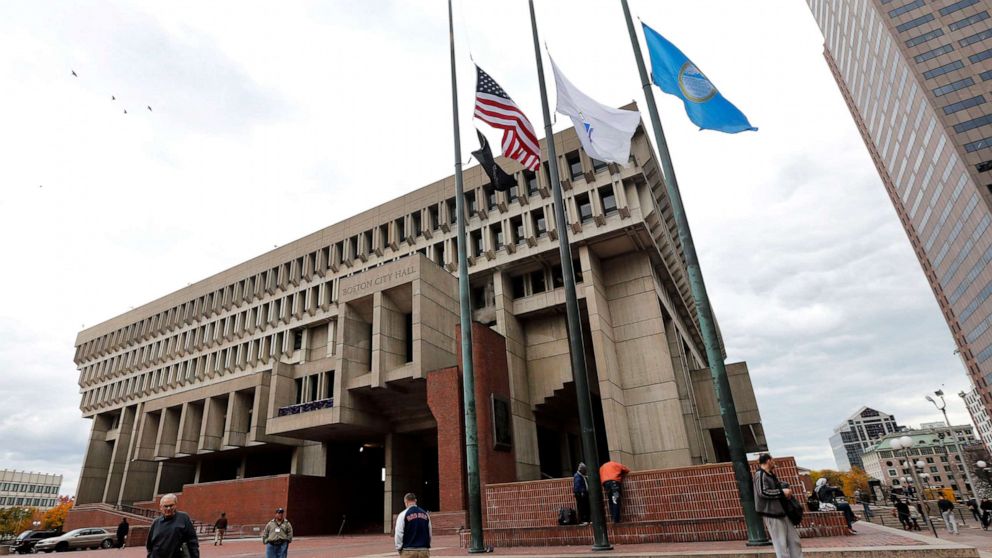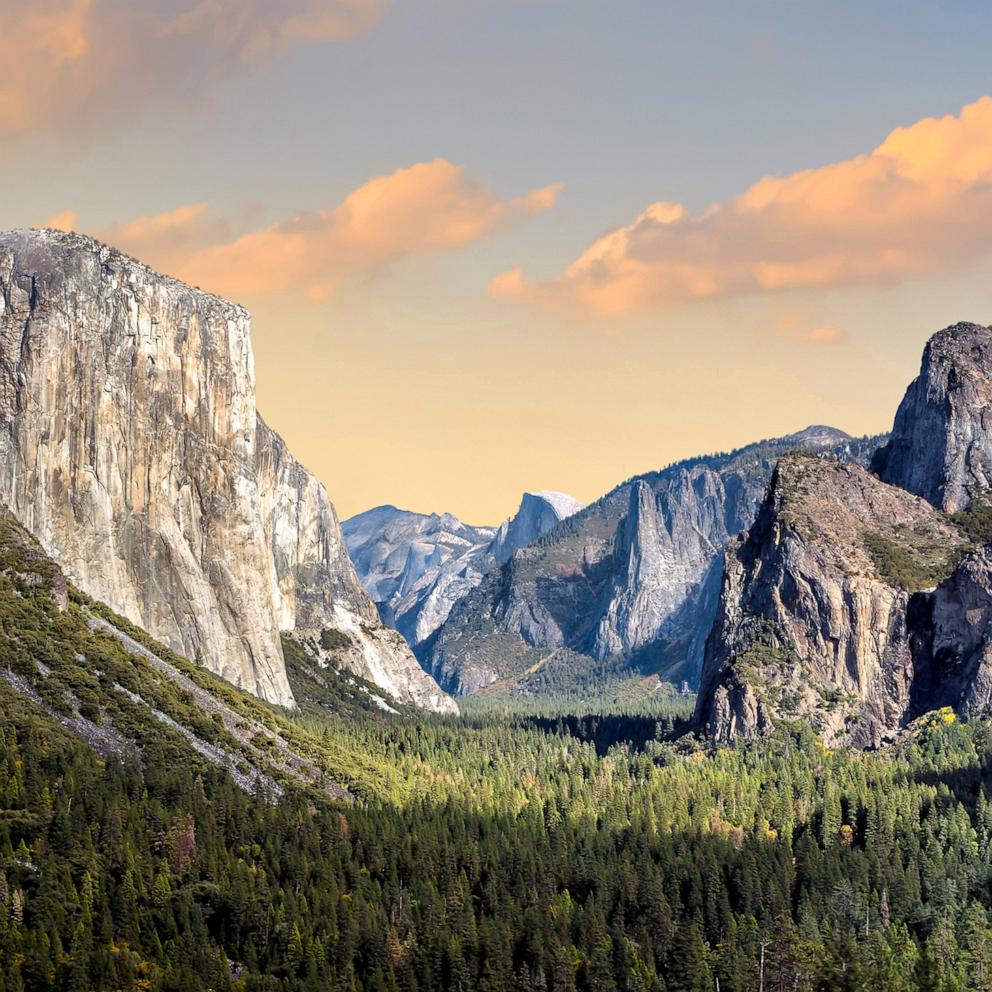Supreme Court rules Boston violated First Amendment by denying Christian Flag

A unanimous Supreme Court ruled on Monday that the city of Boston violated the First Amendment when it denied a civic group from flying the Christian Flag from city hall flagpoles to mark Constitution Day.
The group -- Camp Constitution -- had argued that the third of three flagpoles in City Hall Plaza was a public forum, regularly used by private groups to mark commemorations and special events. The city approved more than 280 flag raisings over a dozen years but only rejected one, Camp Constitution's Christian flag.
The city had argued that allowing the flag would have been impermissible government speech endorsing religion. Two lower courts sided with the city, but all nine Supreme Court justices disagreed.
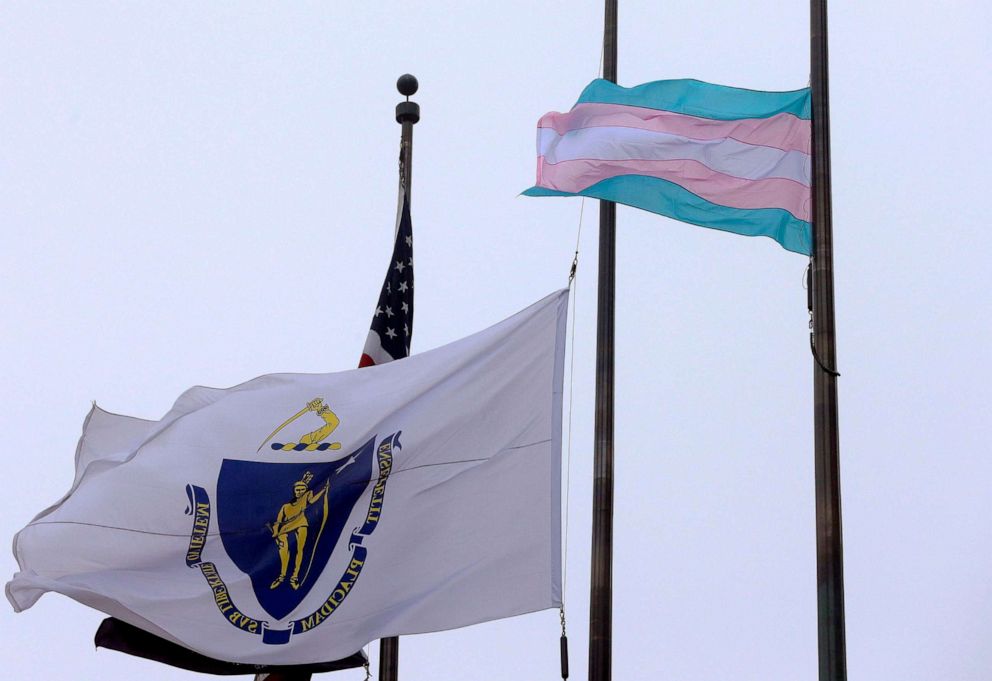
Justice Stephen Breyer, writing for the court, said, "We conclude that, on balance, Boston did not make the raising and flying of private groups' flags a form of government speech. That means, in turn, that Boston's refusal to let Shurtleff and Camp Constitution raise their flag based on its religious viewpoint 'abridg[ed]' their 'freedom of speech.'"
Breyer said the city's "lack of meaningful involvement in the selection of flags or the crafting of their messages" suggested that the displays could not be reasonably considered government speech.
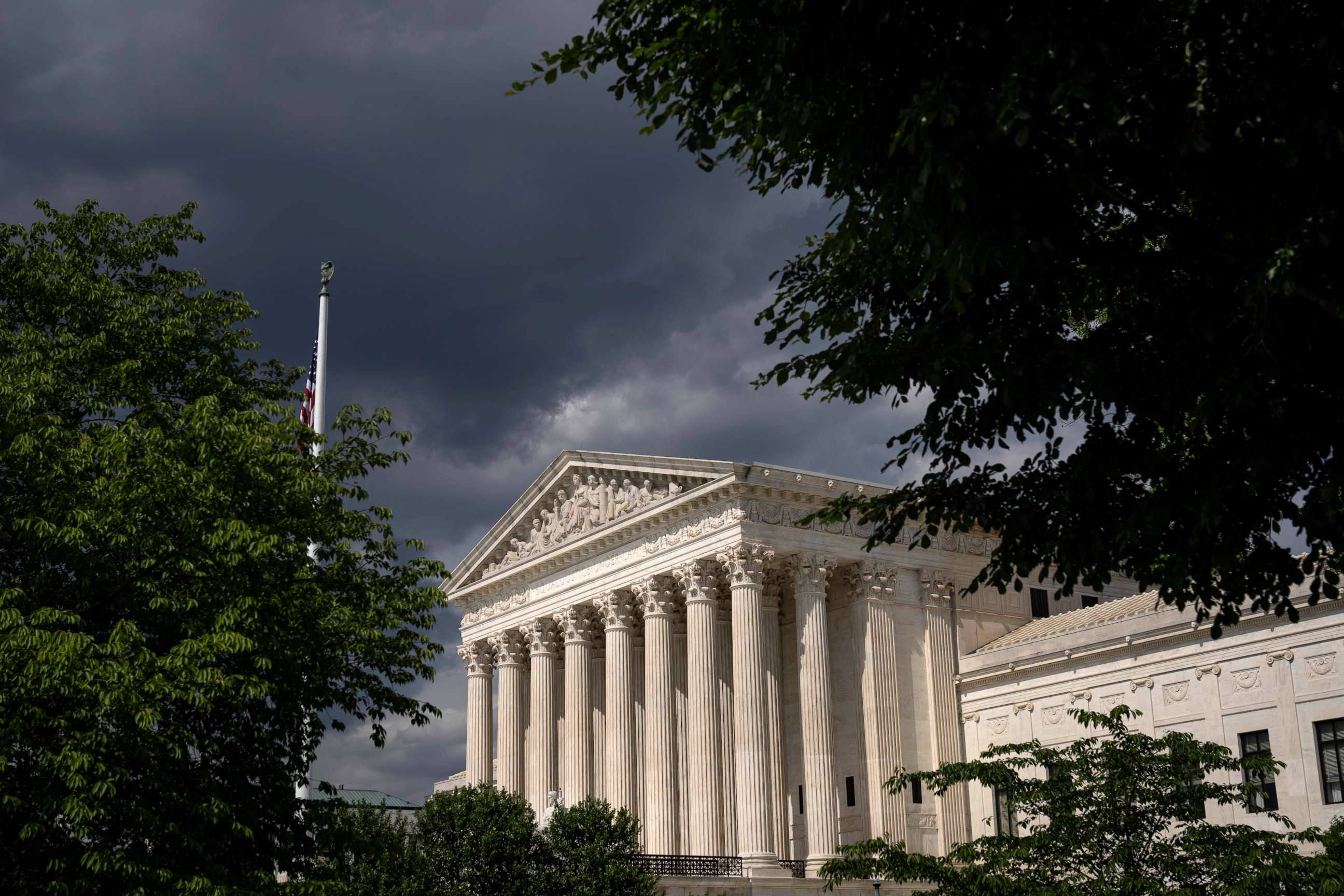
He left the door open, however, for the city to change its policies and restrict access to its flagpoles by private groups. "Nothing prevents Boston from changing its policies going forward," Breyer concluded.
In a series of concurring opinions, Justices Brett Kavanaugh, Samuel Alito, Clarence Thomas and Neil Gorsuch chided the city for discriminating against the Christian Flag.
"Under the Constitution, a government may not treat religious persons, religious organizations or religious speech as second-class," Kavanaugh wrote.
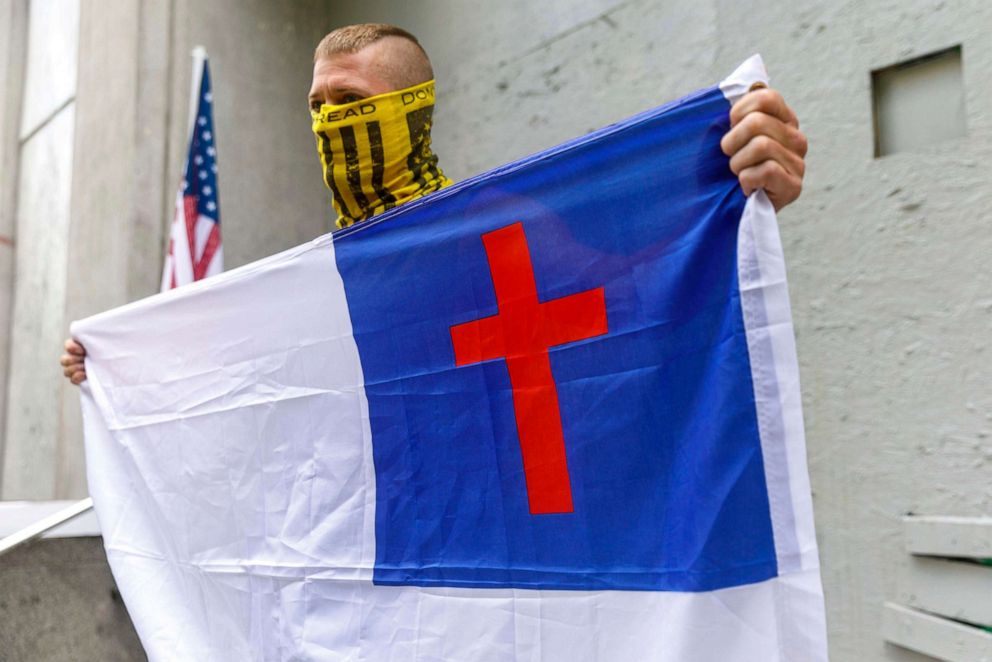
Justice Alito argued that a more stringent standard is needed for limiting religious expression in public spaces. "Government speech occurs if -- but only if -- a government purposefully expresses a message of its own," he wrote.
Justice Gorsuch, joined by Justice Thomas, said the court needs to clarify that religious discrimination in public spaces cannot be tolerated. "Boston's travails supply a cautionary tale for other localities and lower courts," he wrote.
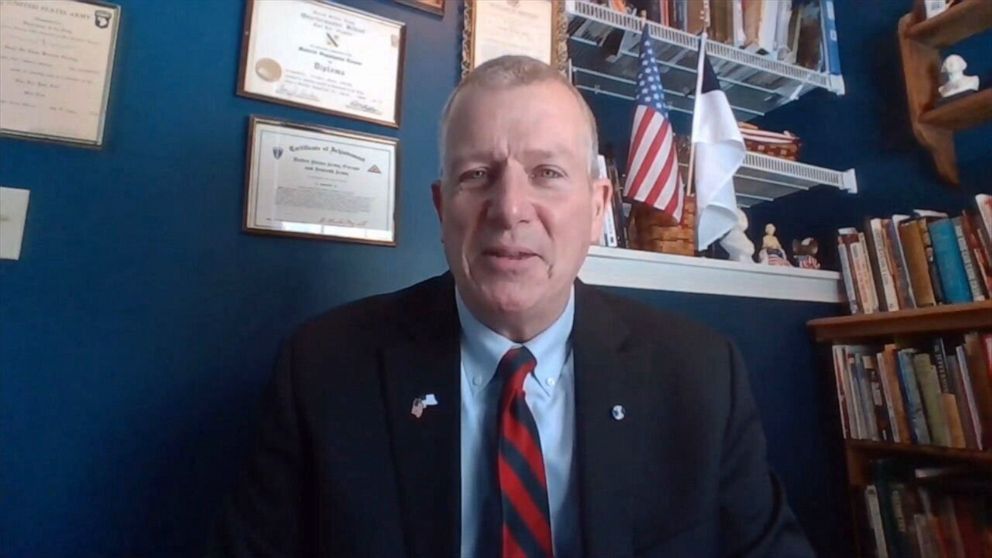
Ahead of the decision, Boston suggested it may change its policy to disallow use of its flagpoles by private groups if the court ruled against it. City officials did not immediately respond to request for comment on the outcome in the case.
Hal Shurtleff, founder of Camp Constitution, told ABC News in January that he hoped a victory would allow the group to raise the flag in City Hall Plaza on Constitution Day in September.
